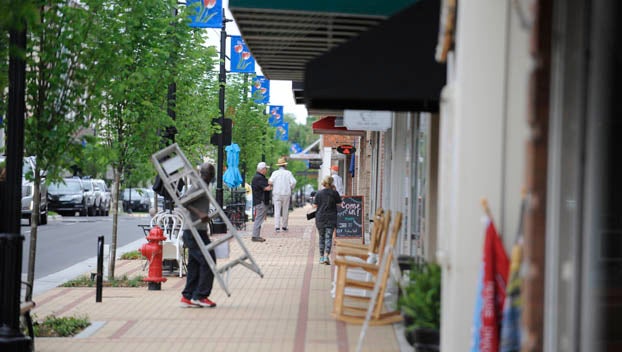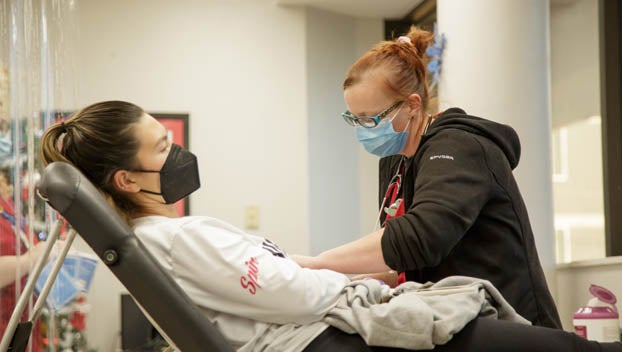Tyrrell Work Prison Farm reopens, due to COVID
Published 10:00 pm Tuesday, August 11, 2020
|
Getting your Trinity Audio player ready...
|
TYRRELL COUNTY — In a move that surprised county officials, the North Carolina Department of Public Safety has reopened the Tyrrell Prison Work Farm in Columbia, though in a limited capacity.
“We first started moving offenders back in there on Aug. 5 — last week,” said NCDPS Communications Officer John Bull.
Bull said the prison was reopened because of COVID-19 and the need to create more space to set up medical isolation areas and quarantine sections in the region’s other, fully operating prisons.
“I think it’s fair to say the facility is reopening in a reduced capacity at this point due to COVID-19,” Bull said. “This is to make sure there is adequate and ample space in other prisons in the area.”
Currently, 60 inmates have been moved to the work farm, which was closed in September 2019. Bull said the decision to close the prison was due to the work farm’s high vacancy rate, as well as the need to consolidate staff and increase the staff-to-inmate ratio at other prisons. The current plan is to move a maximum of 160 inmates back to the Tyrrell County facility, Bull said.
While the news the prison is operating again is welcome to county officials, in the long run, operating at a reduced capacity will not help the county, according to Tyrrell County Manager David Clegg.
When the prison closed last year, Tyrrell County lost its largest water and sewer system customer, which prompted an intervention by North Carolina State Treasurer Dale Folwell to prevent the county and Town of Columbia from defaulting on bonds taken out in 1998 to build the water treatment facility and sewer lines to support the prison.
Clegg made it clear that, with the loss of water and sewer system’s largest client, which represents a 30% revenue loss, the county and city would not be able to pay off the debt still owed on its construction.
“Since September of last year, when it started happening, Tyrrell County has said from Day 1,
there is no way, mathematically, that we will ever be able to generate enough money to pay that debt,” Clegg said.
North Carolina Sen. Bob Steinburg, who represents Tyrrell County, presented legislation that would pay off the $3.5 million debt in full, and Folwell asked the Cooper Administration to pay the county’s $304,735.73 water and sewer charges — Folwell’s request paid off.
“The Office of State Budget and Management subsequently identified and authorized the transfer of DPS carryforward funds that would be used as grants-in-aid to Tyrrell County of $209,000, with another $113,603 going to Columbia,” a press release from State Treasurer’s Office reads.
Clegg referred to the one-time payment as “breathing room.”
“That buys us until next June,” he said.
Because the bond debt must be paid with revenue from the utility itself, the county and city will be back in the same position next June if the facility remains closed or used at a reduced capacity, according to Clegg.
“For the prison to be opened and generate a water bill and an economic engine for Tyrrell County, it needs to have probably 500 inmates in there. The lack of that is what blew a hole in our utility budget,” Clegg said. “Sixty inmates does not generate me a $25,000-a-month water bill. … Clearly, we want the 500 people, we want them to use the kitchen, we want the economic development engine, but we would love to see the facility utilized as it was designed to exist.”
The work farm sits on what Clegg calls “200 acres of prime agriculture land in Tyrrell County.” He believes the facility is ideal for NCDPS to use, when the department’s greatest need is for more space.
“I don’t understand why you won’t utilize the asset you’ve got in the middle of a pandemic. The moving folks is good, but you’ve got 200 acres out there. It’s a big facility. And if you want to irrigate it and use some more of our water, I will not be offended,” Clegg said.
Clegg said if NCDPS is not planning to make the work farm fully operational, the next step is to regenerate discussion about Steinburg’s legislation to have the debt paid in full.
Bull said NCDPS has made no decision, at this point, about the facility’s future.




